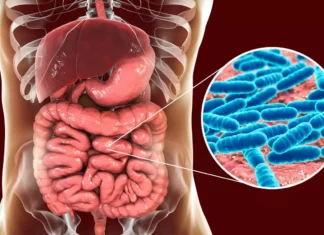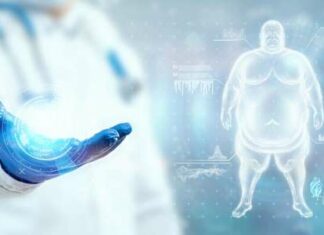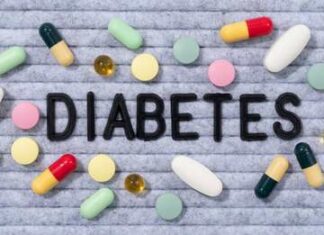Scientists have discovered the ambiguous effects of caffeine on the body
Caffeine, a natural stimulant found in coffee, tea, and other beverages, can have both beneficial and harmful effects on the body, particularly regarding inflammation.
Inflammation...
AirPods can cause hearing loss among young people
The increasing prevalence of auditory processing disorder (APD) among young people may be linked to prolonged use of noise-cancelling headphones, which alter the brain’s...
Falling in love can be dangerous, scientists explain the phenomenon of...
Emotional dependence on a partner, or "love addiction," negatively impacts mental health and relationship stability, making it a crucial area of scientific study.
Risk Factors...
Батьки уникають обговорення обов’язків, залишаючи це матерям
Дослідження, проведене докторкою Клер Стовелл з Університетського коледжу Лондона, виявило, що навіть у парах, де обоє партнерів заробляють однакову кількість грошей, саме жінки переважно...
Study shows link between brain injury and creativity
A study by Mass General Brigham researchers confirms that creative tasks activate a single neural circuit, and brain damage or neurodegeneration can influence creativity.
By...
Study proves link between depression and physical health
A study published in PLOS Medicine suggests that adults with a history of depression recover their physical condition faster than those without the disorder,...
Scientists discover key mechanism of intestinal cell ageing
A recent study by Takuya Yamamoto and Mei Nakajima-Koyama highlights the importance of balancing interferon-gamma (IFN-γ) and extracellular signal-regulated kinase (ERK/MAPK) pathways in maintaining...
Obesity to be officially recognised as a chronic disease
The Obesity Working Group of the Spanish Society of Endocrinology and Nutrition (GOSEEN) is actively promoting awareness campaigns to address the rising incidence of...
Scientists find less risk of heart attack in type 1 diabetes
A study published in JSCAI found that patients with type 1 diabetes have a lower risk of cardiovascular events than those with type 2...












